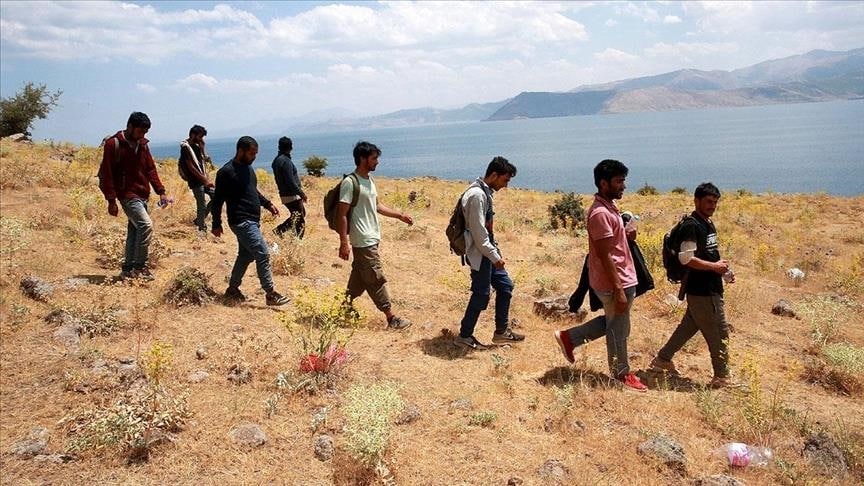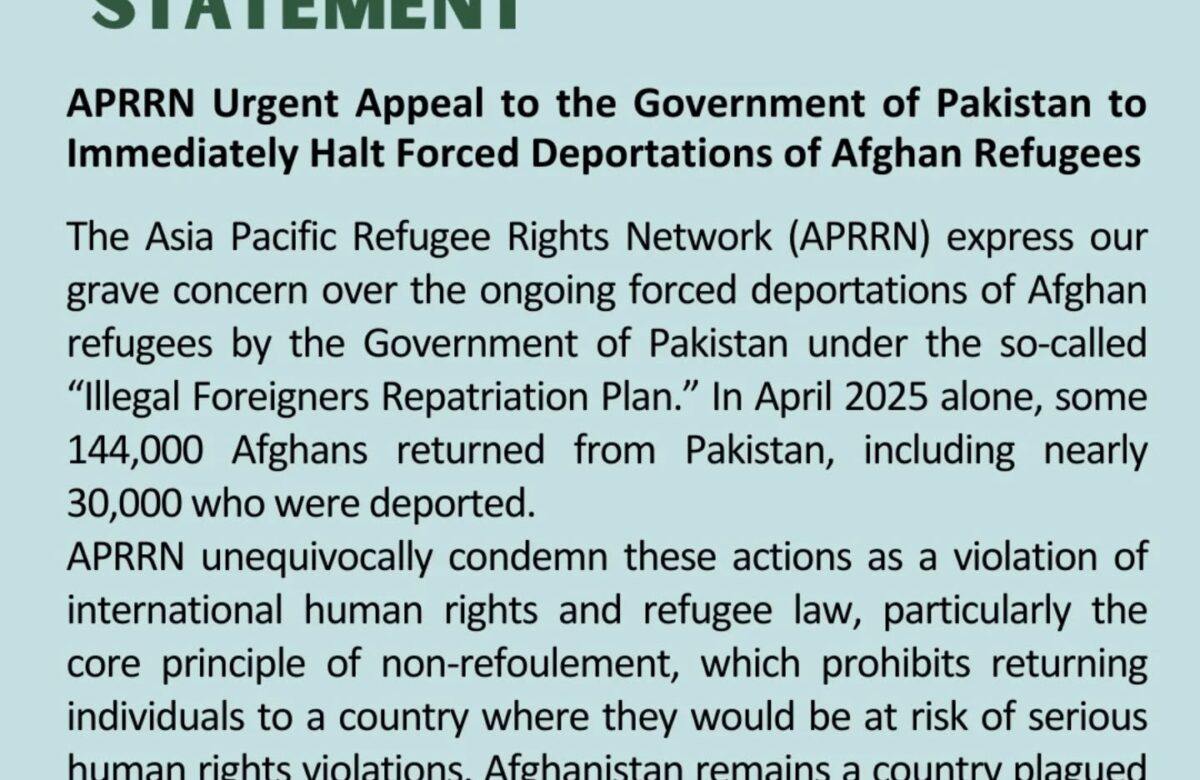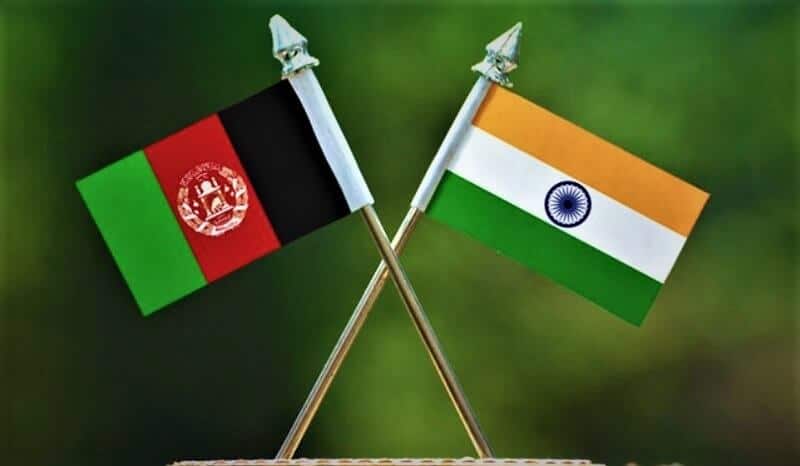
How social media fuels illegal migration, human trafficking in Afghanistan
قاچاق انسان در افغانستان: داستانهای فریب و بقا
یک مطالعه جدید توسط امو تیوی نشان میدهد که شبکههای قاچاق انسان در افغانستان از پلتفرمهای رسانههای اجتماعی مانند فیسبوک، تلگرام و واتساپ برای فریب افراد آسیبپذیر و جذب آنها به مسیرهای مهاجرت غیرقانونی استفاده میکنند. این قاچاقچیان با بهرهگیری از رویاها و ناامیدی جوانان افغان، وعدههای دروغینی ارائه میدهند که اغلب به ناامیدی و آسیب ختم میشود.
وعدههای دروغینی که مهاجران را فریب میدهد
قاچاقچیان از تاکتیکهای دقیق و حسابشده برای فریب مهاجران استفاده میکنند:
- وعده زندگی بهتر: آنها سفر امن، هزینههای پایین و شغلهای پایدار در خارج از کشور را پیشنهاد میکنند.
- تصاویر ایدهآل و خیالی: با انتشار عکسها و ویدیوهایی از زندگی مجلل در خارج از کشور، یک توهم از فرصت ایجاد میکنند.
صدای قربانیان
قربانیان تجربیات دردناک خود را به اشتراک گذاشتند و واقعیتهای تلخ مهاجرت غیرقانونی را نشان دادند:
- سفر رضا: رضا، دانشآموزی که رویای پزشک شدن داشت، با دیدن عکسهایی در فیسبوک از افراد موفق و شاد در خارج از کشور فریب خورد. او به وعدههای قاچاقچیان اعتماد کرد و سفری پر از خطر، گرسنگی و خیانت را آغاز کرد. او گفت: “روزها بدون غذا و آب در بیابان راه رفتیم و در مرز با ضرب و شتم و اخاذی روبرو شدیم.”
- رنجهای رومان: رومان که با دیدن ویدیوهایی در واتساپ از آپارتمانهای تمیز و پارکهای زیبا فریب خورد، سفر خود را “جهنم” توصیف کرد. او گفت: “ما در کامیونی بدون هوا چپاندند و وقتی شکایت کردیم، ما را کتک زدند. بعد ما را زندانی کردند و گفتند باید پول بیشتری بدهیم. کسانی که نمیتوانستند پرداخت کنند، شکنجه شدند.”
- واقعیت قندآغا: قندآغا که با دیدن ویدیوهایی از اقامتگاههای مجلل جذب شده بود، در نهایت خود را در اتاقی شلوغ با 20 نفر دیگر یافت. او گفت: “ما را نیمهراه رها کردند و مجبور شدیم خودمان از پس مشکلات برآییم.”
نقش رسانههای اجتماعی
رسانههای اجتماعی به ابزاری برای گسترش فعالیت قاچاقچیان تبدیل شدهاند:
- فیسبوک و اینستاگرام: برای انتشار تبلیغات و تصاویر زندگی ایدهآل در خارج از کشور استفاده میشوند.
- تلگرام و واتساپ: برای هماهنگی مسیرها و ارتباط مستقیم با قربانیان مورد استفاده قرار میگیرند.
قربانیان توضیح دادند که قاچاقچیان چگونه از این پلتفرمها برای جلب اعتماد استفاده میکنند. یکی از قربانیان گفت: “آنها ویدیوهایی از آپارتمانهای لوکس ارسال میکردند و میگفتند: این زندگی تو خواهد بود. اما همهاش دروغ بود.”
فراخوانی برای تغییر
قاچاق انسان در افغانستان از بیثباتی اقتصادی و نبود فرصتها تغذیه میکند. برای مقابله با این بحران، کارشناسان تأکید میکنند:
- آگاهی عمومی: آموزش جوامع درباره خطرات مهاجرت غیرقانونی.
- قوانین قویتر: اجرای اقدامات ضدقاچاق.
- فرصتهای اقتصادی: کاهش ناامیدی که قاچاقچیان از آن سوءاستفاده میکنند.
یکی از فعالان گفت: “قاچاقچیان رویای زندگی بهتر را شکار میکنند، اما این سفرها اغلب به درد، از دست دادن و پشیمانی ختم میشود.”
با اشتراک این داستانها و افزایش آگاهی، میتوانیم اولین گامها را برای محافظت از افراد آسیبپذیر و نابودی شبکههایی که از آنها سوءاستفاده میکنند، برداریم.
Human Trafficking in Afghanistan: Stories of Deception and Survival
A recent study by Amu TV uncovers how human trafficking networks in Afghanistan are exploiting social media platforms like Facebook, Telegram, and WhatsApp to lure vulnerable individuals into dangerous and illegal migration journeys. These traffickers prey on the dreams and desperation of young Afghans, offering false promises that often end in heartbreak and harm.
The False Promises That Lure Migrants
Traffickers use carefully crafted tactics to manipulate aspiring migrants:
- Promises of a Better Life: Safe travel, low costs, and stable jobs abroad are dangled as incentives.
- Curated Images of Success: Idealized photos and videos of luxurious lives abroad create an illusion of opportunity.
Voices of the Victims
Survivors shared their painful experiences, offering a sobering glimpse into the realities of illegal migration:
- Reza’s Journey: Reza, a student with dreams of becoming a doctor, was drawn in by Facebook photos of happy, successful people abroad. Trusting the promises of traffickers, he embarked on a journey filled with danger, hunger, and betrayal. “We walked for days without food or water, only to face beatings and extortion at the border,” he recalled.
- Roman’s Ordeal: Roman, enticed by WhatsApp videos of clean apartments and parks, described his journey as “hell.” Packed into a truck with no air and beaten when he complained, Roman endured torture when he couldn’t pay the traffickers’ demands. “They treated us like cattle,” he said.
- Qand Agha’s Reality: Lured by videos of luxurious accommodations, Qand Agha found himself crammed into a room with 20 others, abandoned and left to fend for himself.
The Role of Social Media
Social media platforms have become tools for traffickers to expand their operations:
- Facebook and Instagram: Share advertisements and idealized images.
- Telegram and WhatsApp: Coordinate logistics and communicate directly with victims.
Victims described how traffickers used these platforms to gain trust. One victim shared, “They sent videos of luxurious apartments, saying, ‘This will be your life.’ But it was all lies.”
A Call for Change
Human trafficking in Afghanistan thrives on economic instability and lack of opportunities. To combat this crisis, experts urge:
- Public Awareness: Educating communities about the dangers of illegal migration.
- Stronger Laws: Enforcing anti-trafficking measures.
- Economic Opportunities: Reducing the desperation that traffickers exploit.
“Traffickers prey on the dreams of a better life,” said one advocate. “But these journeys often lead to pain, loss, and regret.”
By sharing these stories and raising awareness, we can take the first steps toward protecting vulnerable populations and dismantling the networks that exploit them.
Source
- Tags
- Oceania



